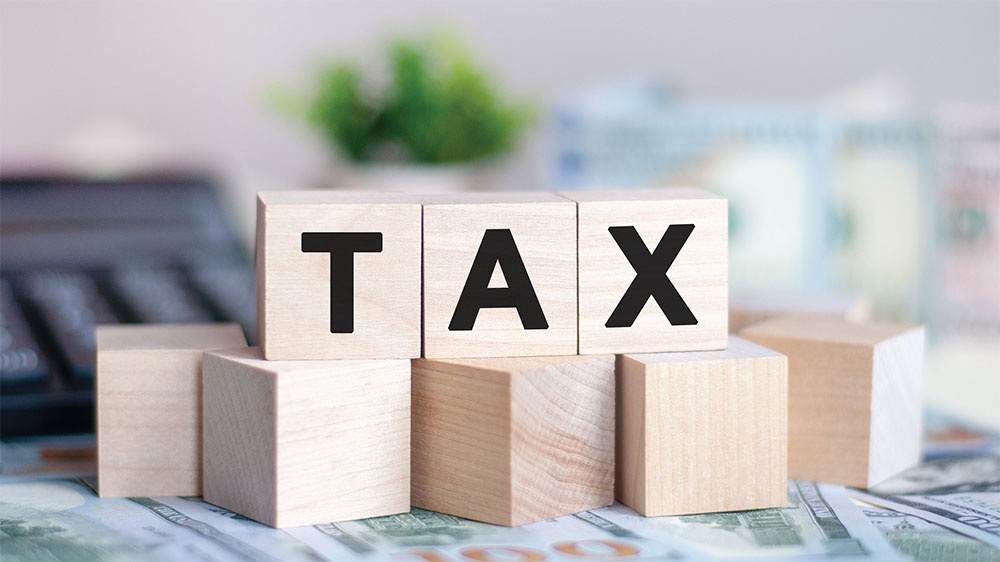Further amendments could ease tax environment
We would like to provide our suggestions in terms of three important taxation matters.
 |
| Tom McClelland - Chairman, EuroCham Tax and Transfer Pricing Sector Committee |
The first is incentive policies to deal with the impact of the global minimum tax rate of 15 per cent. Given this is expected to be implemented from early 2024, this could impact negatively on the retention and attraction of foreign investment to Vietnam, as the local incentive policies may no longer be a key competitive advantage.
Therefore, to retain and attract more overseas funding in the years to come, we respectfully suggest the Vietnamese government quickly considers reforming tax policies to secure incentive benefits as granted to existing investors as well as introducing alternative incentives such as cash grants to partially cover the cost of investments in fixed assets, research and development activities or human resources, import duties exemption, and longer land tax holidays.
The second is input VAT credit for Vietnamese tax filed directly by foreign vendors through the online filing portal. From 2022, with the implementation of the direct e-filing system, many foreign suppliers can directly file taxes (including both VAT and corporate income tax) to the authorities, instead of it being withheld by corporate entities in Vietnam.
With this new tax filing mechanism, while the corporate entities of Vietnam still have to pay a full amount inclusive of the withholding taxes to the foreign suppliers, they cannot recover the VAT portion of the withholding tax as was the case previously. This causes financial disadvantage to Vietnamese corporate entities.
Therefore, it is recommended that the VAT regulations should be amended to allow the corporate entities to recover this portion through the input VAT credit mechanism.
The third is the transfer pricing adjustment for customs declaration. Corporate tax transfer pricing methodologies, used in the determination of prices of goods when traded between entities or affiliates within a group, may require importers or exporters in Vietnam to make annual adjustments to historically declared values or invoiced values based on pre-determined criteria.
 |
| Further amendments could ease tax environment, Source: Shutterstock |
However, prevailing customs regulations do not provide guidance on whether such adjustments require amendments to customs declarations. This creates difficulties to ultimately justify the true value of goods commercially agreed by Vietnamese and foreign entities for taxation purposes.
Therefore, it is recommended that the customs regulations are amended to provide detailed guidance for customs declaration amendments in the case of pricing adjustments agreed between domestic and foreign entities.
We strongly believe that those matters are critical for most foreign investors in Vietnam, including European companies. Addressing these matters as soon as possible would help a significant amount in terms of development of the country’s investment environment in a more transparent, attractive, and sustainable manner.
What the stars mean:
★ Poor ★ ★ Promising ★★★ Good ★★★★ Very good ★★★★★ Exceptional
Related Contents
Latest News
More News
- 0.1 per cent tax proposed on each transfer of digital assets (February 05, 2026 | 17:27)
- Ministry of Finance tightens policy delivery at start of year (February 05, 2026 | 17:26)
- Vietnam steps up market reforms as FTSE Russell reviews upgrade progress (February 05, 2026 | 17:20)
- 2025 profits mixed amid strong energy and farming results (February 05, 2026 | 17:18)
- Cashless payments hit 28 times GDP in 2025 (February 04, 2026 | 18:09)
- SSIAM and DBJ launch Japan Vietnam Capital Fund (February 04, 2026 | 15:57)
- Banks target stronger profits, credit growth in 2026 (February 04, 2026 | 15:43)
- Vietnam on path to investment-grade rating (February 03, 2026 | 13:07)
- Consumer finance sector posts sharp profit growth (February 03, 2026 | 13:05)
- Insurance market building the next chapter of protection (February 02, 2026 | 11:16)

 Tag:
Tag:




















 Mobile Version
Mobile Version